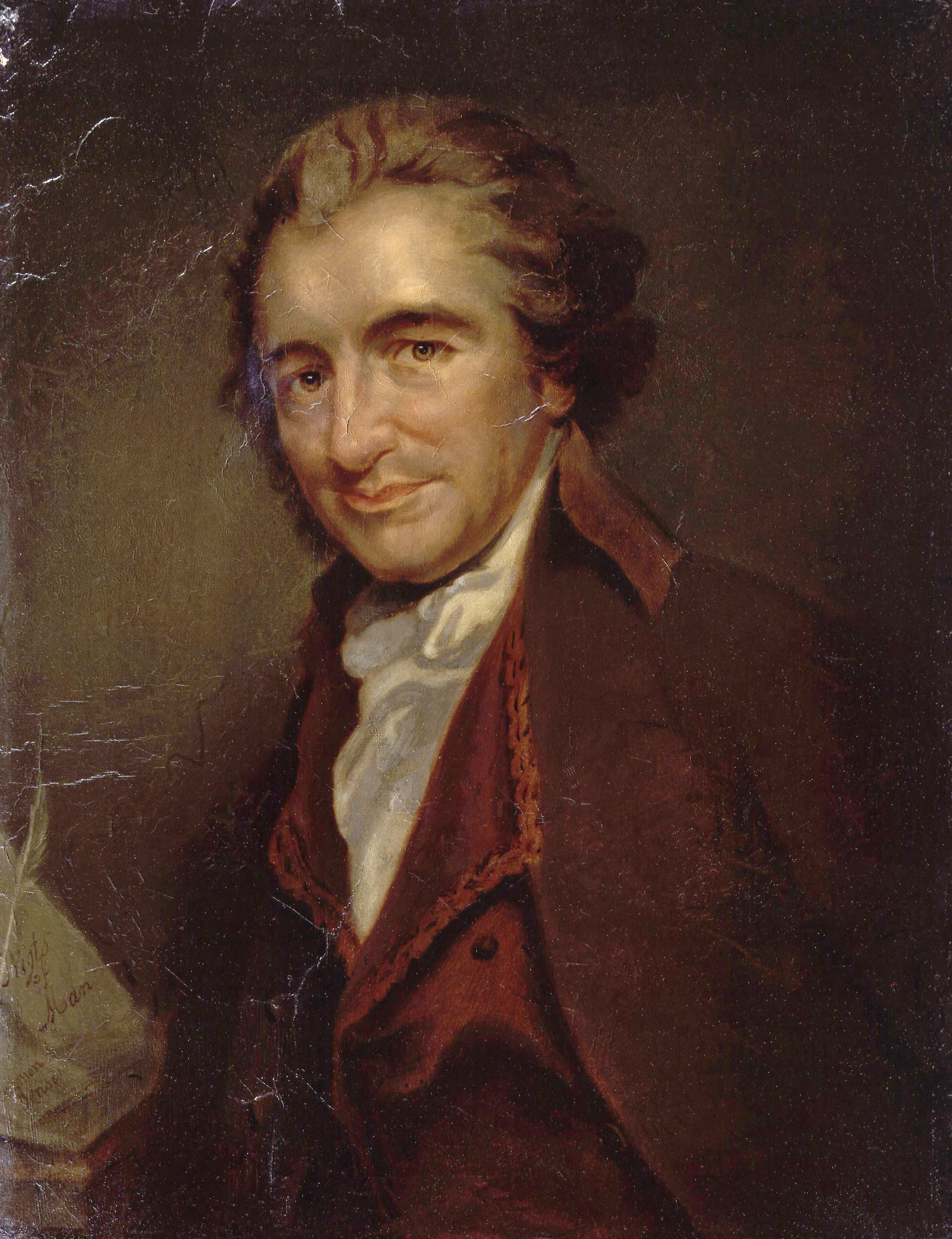
Thomas Paine was one of the most influential figures in the founding of the United States. Born in England in 1737, he arrived in America in 1774 at Benjamin Franklin's encouragement, just as tensions between the colonies and Britain were reaching a breaking point. His pamphlet "Common Sense," published in 1776, became an instant sensation, selling over 150,000 copies and helping to crystallize public opinion in favor of independence. As John Adams noted: "Without the pen of Paine, the sword of Washington would have been wielded in vain."
Paine was not just a writer but a revolutionary activist who participated in three major revolutions - the American Revolution, the French Revolution, and the movement for British parliamentary reform. During the darkest days of the American Revolution, his series "The American Crisis" helped sustain morale among Washington's troops and the general public. His opening words "These are the times that try men's souls" became a rallying cry for the revolutionary cause. In France, he served in the National Convention and narrowly escaped execution during the Reign of Terror.
Beyond his revolutionary activities, Paine was a profound political philosopher whose ideas about democracy, human rights, and social justice were far ahead of his time. His later works like "Rights of Man" and "Age of Reason" challenged traditional authority and advocated for democratic principles, religious freedom, and social welfare. Paine's impact on philosophy and politics helped shape the age of democratic revolutions and continues to reverberate through modern political thought. (Adapted from the Bordentown Historical Society)




